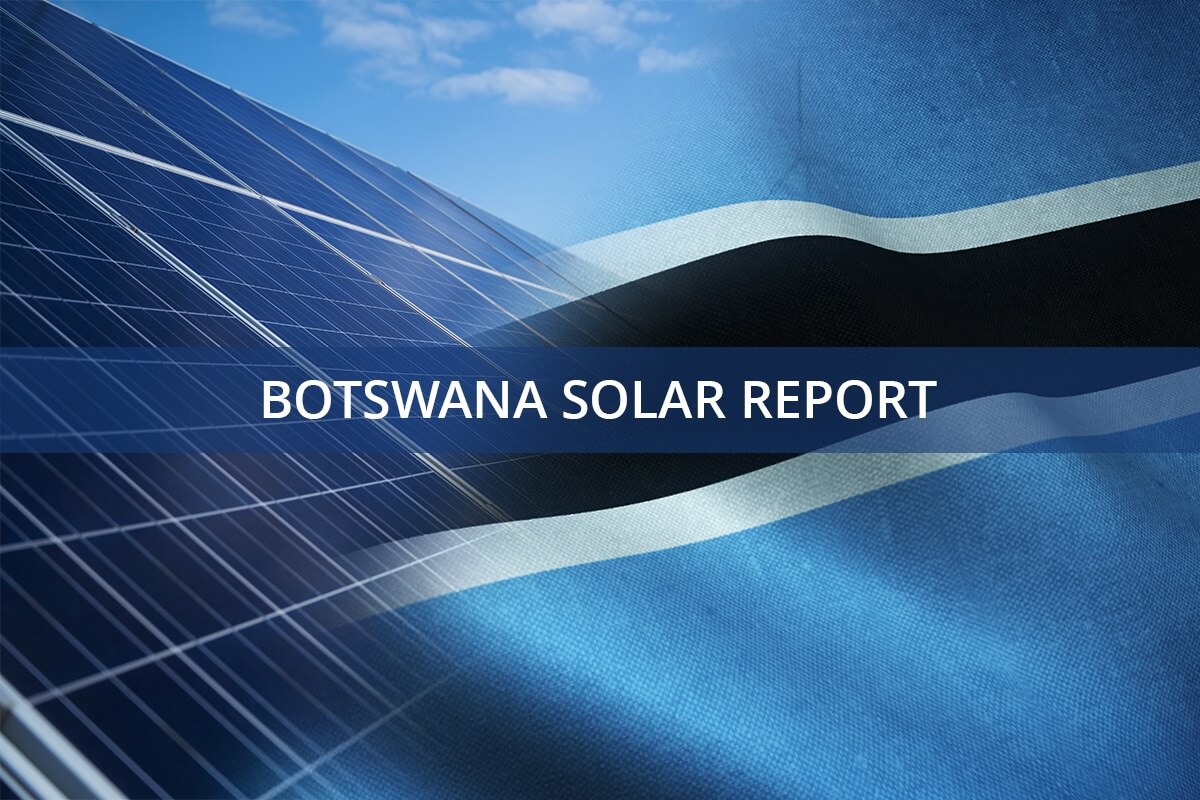Botswana solar power initiative: A leap towards renewable energy
Botswana is taking a significant step forward in its energy strategy by launching a tender for 1.5 GW of solar power. This ambitious project is part of the country’s broader initiative to diversify its energy supply and reduce costs, while also embracing sustainable energy solutions.
This move aligns with Botswana’s vision to integrate more renewable energy sources into its national grid, a strategy that has gained momentum globally as countries strive to reduce their carbon footprint. Botswana’s commitment to solar energy is not only about reducing costs but also about enhancing energy security and sustainability for its citizens.
The global context of Botswana solar power expansion
Botswana’s solar power tender is part of a larger trend where countries around the world are ramping up their renewable energy capacities. For example, in Nigeria, the Rural Electrification Agency (REA) has signed a Memorandum of Understanding (MoU) with Anfani Energy to develop 1,500 MW of solar energy projects over the next three years. This partnership focuses on making solar energy more affordable and accessible, particularly for underserved communities. More about this initiative can be found here.
Additionally, other countries are making similar strides. In Algeria, there are plans to achieve 3 GW of renewable energy by 2025 through large-scale solar tenders. These efforts signify a global shift towards renewable energy sources, aiming to diminish reliance on fossil fuels and encourage the development of local renewable industries. Learn more about Algeria’s renewable energy goals here.
The benefits of Botswana solar power for national development
The decision to pursue solar energy in Botswana is driven by several potential benefits. Firstly, solar energy is clean and sustainable, which helps reduce greenhouse gas emissions. Secondly, the abundance of sunlight in Botswana makes solar power a viable and efficient energy source. Lastly, diversifying the energy mix with renewables can lead to greater energy independence and stability.
Conclusion: Botswana solar power as a model for sustainable energy
Botswana’s initiative to launch a 1.5 GW solar power tender marks a significant step towards renewable energy adoption. As the nation endeavors to integrate more sustainable practices into its energy policies, it joins a global movement that recognizes the importance of renewable energy in achieving environmental sustainability and energy security. This project not only underscores Botswana’s commitment to innovation and sustainability but also sets a precedent for other nations to follow suit.

